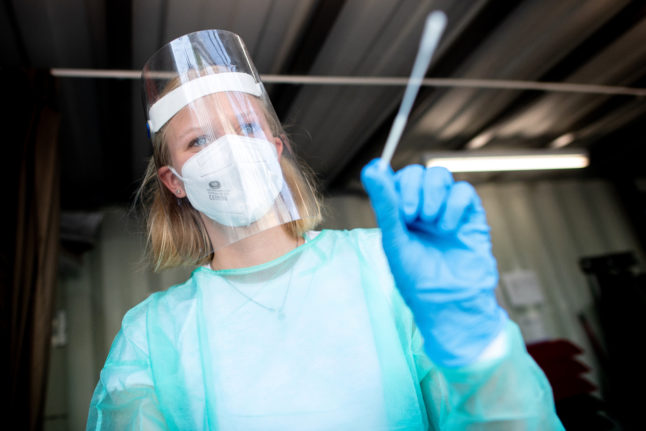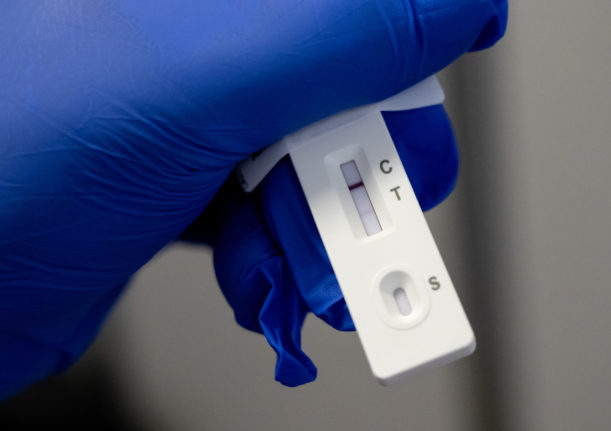What’s going on?
The German federal government has been funding free-of-charge Bürgertests pretty much uninterruptedly since the Covid pandemic began, and with life resuming to normal this summer, there are plans to end the scheme at the end of June.
The Health Ministry has called on test centres not to close their doors if funding is scrapped, but in reality many likely would and people would have to pay a small charge to get tested for Covid-19.
However, amid concerns that Germany is experiencing the beginning of a new wave of infections, Health Minister Karl Lauterbach (SPD) seems to be rethinking the plans to remove funding for the tests entirely.
At a press conference on Friday, he said that the government was currently working on a “new testing concept” for summer, adding that negotiations for further funding for the tests were underway.
According to Lauterbach, the ministry needs to thrash out a number of questions, including who would be eligible to get the free tests, how they’ll be financed and how abuse of the system can be prevented.
However, he said, “I assume that we can continue to use the Bürgertests in the summer.”
READ ALSO: German doctors call for ’empty’ Covid vaccine centres to close
Will this mean tests remain free?
This is unclear so far, but one possibility is that the tests would remain free for certain risk groups like the elderly or those with vulnerable immune systems. This was a similar system to the one that was briefly introduced for PCR tests early this year and would presumably involve having to bring medical proof and/or ID to the testing centre.
Another option is for the states to step in and fund part of the scheme themselves. According to reports in Tagesschau, the federal government has spent more than €10 billion on free Bürgertests so far in the pandemic and is calling on regional governments to cough up at least half of the money for future tests. In particular, Finance Minister Christian Lindner (FDP) is keen to slash funding for the scheme over concerns that the country is wracking up too much debt.
READ ALSO: How long will Germany offer free rapid Covid-19 tests?
For their part, many of the state leaders don’t seem to be all that reluctant to see the pop-up testing centres disappear. In the view of Baden-Württemberg, for example, rapid tests should transition from the high street to the doctor’s surgery to prevent misuse of the system and save money.
What are people saying?
Local governments have so far spoken out fiercely in opposition to the plans to scrap the testing system.
“The free Bürgertests are an initial early warning system, so funding beyond June 30th should urgently continue to be secured by the federal government,” Reinhard Sager, president of the German Association of Counties, told RND on Sunday.
Gerd Landsberg, the chief executive of the German Association of Towns and Municipalities, told RND that free testing would give municipalities “a chance to prevent the pandemic from spreading unchecked”.

States such as Bavaria and Baden-Württemberg, meanwhile, have been calling for clarity on the situation after June.
“It is high time that the federal government gives us states planning security,” Bavaria’s Minister of Health Klaus Holetschek (CSU) said. “June 30th is just around the corner and we still don’t know any details about the federal government’s plans. That is completely incomprehensible.”
READ ALSO: German cities call for ‘quick decisions’ on Covid measures for summer



 Please whitelist us to continue reading.
Please whitelist us to continue reading.
Member comments